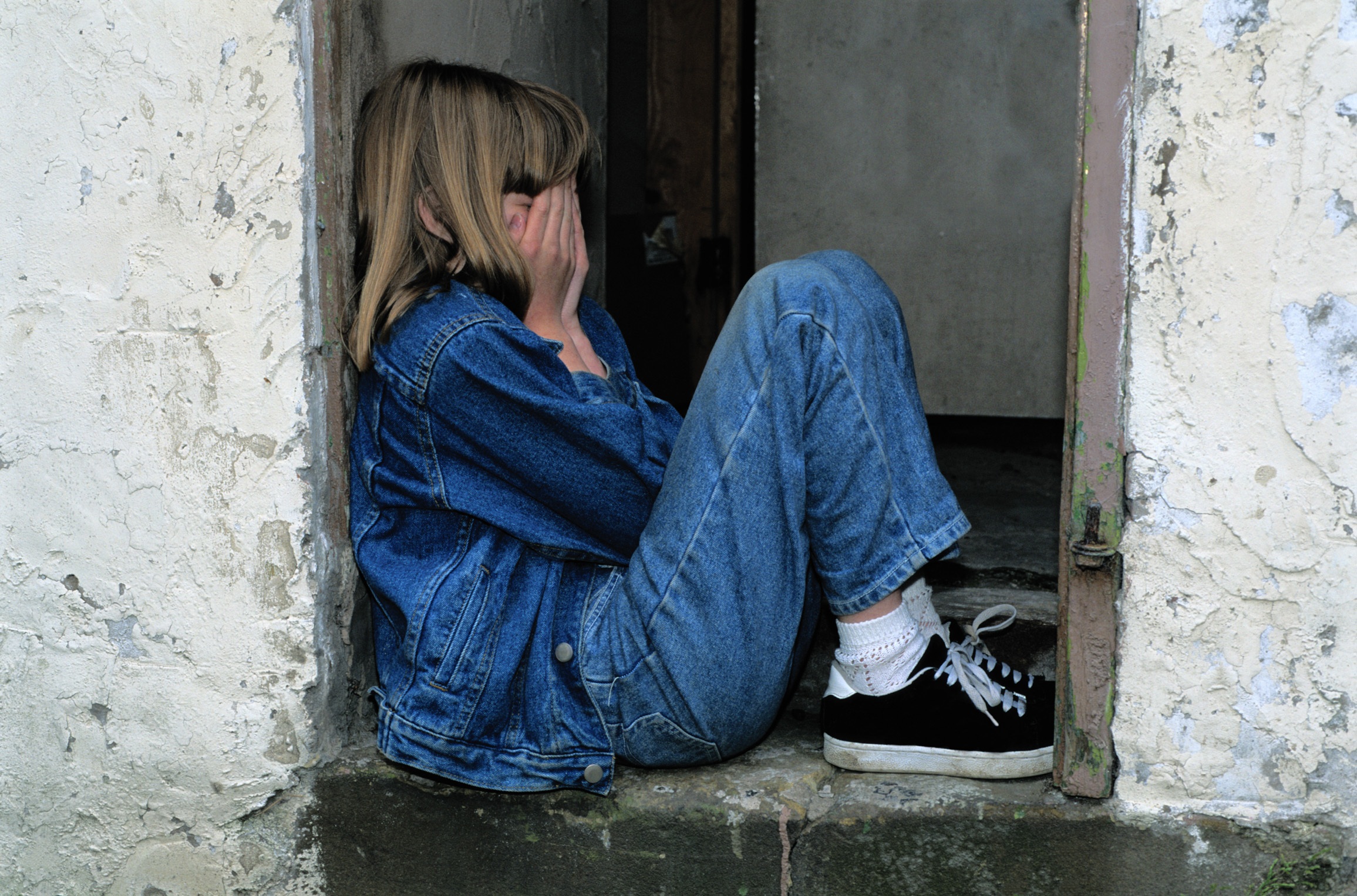Cafcass and Domestic Abuse Perpetrator Programmes (DAPPs)

You may have read our previous article on Cafcass and DVVP Programmes for Women which discovered that Cafcass had no provision for programmes for female perpetrators. As this programme has now been superseded to all intents and purposes by the DAPP programme (if it walks like a duck…) we thought it it would be interesting to publish how Cafcass measure their success…
Cafcass have this to say about their Domestic Abuse Perpetrator Programme (DAPP):
The Domestic Abuse Perpetrator Programme (DAPP) aims to help people who have been abusive towards their partners or ex-partners to change their behaviour and develop respectful, non-abusive relationships.
Taking part in DAPP can make a real difference to the lives of those involved, including children who have been affected. But it can be challenging and the court will make decisions about contact based on the progress a participant makes during the programme.
In most cases, Cafcass will assess a person’s suitability for the programme and will check whether it is available locally. We will only make a referral following a court order
Source: DAPP page at Cafcass website
So far it sounds like a great idea… especially if their providers (list is available here) provide programmes for both male and female perpetrators.
Cafcass also claim that the providers listed “Every DAPP has a parallel service that supports partners and ex-partners at risk from domestic abuse and this service is offered to them” so we would also hope that each of these providers also provides support to both male and female victims of domestic violence.
Success Rates of DAPP Courses offered by Cafcass and reported on by Cafcass to the courts
FOI request was made in December 2018.
Cafcass does not have data on the success rate of Domestic Abuse Perpetrator Programmes (DAPPs).
Cafcass does not have data or statistics on this issue.
Are Cafcass referred DAPP courses Beneficial?
On their website they say:
The Family Court Adviser will make the referral to the provider. The provider delivers the DAPP sessions and will report back to Cafcass on progress and learning. The court is then informed by Cafcass regarding changes in risk.
Cafcass introduce people to these courses as part of private law cases. They get back a report from the DAPP provider. They use the information within the DAPP provider’s report in their own report back to the court where they lay out their recommendations on contact and whether it should be direct, supervised, the amount of contact, and on what’s still known as “change in residency” applications.
Putting aside Cafcass history on Domestic Abuse, Violence, and their complete lack of understanding post-separation control and parental alienation; You would think it would be important for Cafcass to be tracking how successful these DAPP courses are as the outcomes can be key to a family’s future.
But the answer from Cafcass is “we have no idea“.
Source
History of FOI Request on What do They Know
In a Family Law system designed for combative parents there is no real allowance for the views of children and any understanding of how Family Law ultimately impacts on children most of all.
We speak for the children in Family Law so that, finally, the children have a voice.